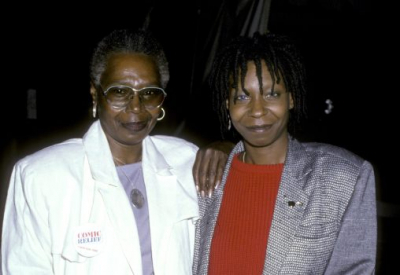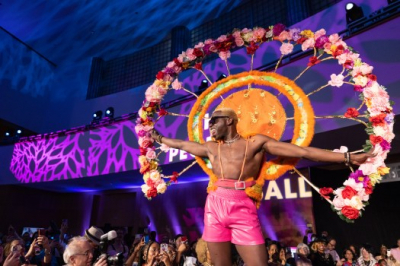Lee D. Baker is a distinguished American anthropologist, sociologist, and author, recognized for his influential contributions to the fields of race, culture, and social inequality. His interdisciplinary approach has not only shaped academic discourse but has also fostered broader conversations on the complexities of identity and diversity in contemporary society.
Lee D. Baker
Born in Chicago, Illinois, Baker's academic journey began at the University of Texas at Austin, where he earned his Bachelor of Arts in Anthropology. He furthered his education at Temple University, obtaining a Master of Arts in Anthropology and a Master of Science in Education. Subsequently, he earned his Ph.D. in Cultural Anthropology from Temple University, solidifying his commitment to exploring the intricate intersections of culture, race, and society.
Throughout his career, Baker has held numerous prestigious positions in academia. He served as the Dean of Academic Affairs and Associate Vice Provost for Undergraduate Education at Duke University, where he is currently a Professor of Cultural Anthropology, African and African American Studies, and Sociology. His tenure at Duke University has been marked by his dedication to fostering inclusive learning environments and promoting interdisciplinary scholarship.
Baker's research is characterized by its innovative approach to understanding race and racism. He has published extensively on topics such as the social construction of race, racial identity formation, and the impact of race on social hierarchies. His seminal work, "From Savage to Negro: Anthropology and the Construction of Race, 1896-1954," critically examines the historical role of anthropology in shaping racial ideologies, challenging conventional narratives and shedding light on the discipline's complicity in perpetuating racial hierarchies.
In addition to his academic pursuits, Baker is a committed advocate for social justice and equity. He has been actively involved in community outreach initiatives aimed at addressing racial disparities in education and healthcare. Through his public lectures, writings, and media appearances, he continues to engage in meaningful dialogue on pressing issues related to race and inequality, advocating for systemic change and greater inclusivity.
Baker's scholarly achievements have earned him widespread recognition and acclaim. He is a recipient of numerous awards and honors, including the John Hope Franklin Prize for the best book published in American Studies. His work continues to shape the intellectual landscape of anthropology and sociology, inspiring future generations of scholars to critically examine the complexities of race and culture in a rapidly changing world.
In summary, Lee D. Baker stands as a pioneering figure in the fields of anthropology and sociology, whose interdisciplinary scholarship and advocacy have made invaluable contributions to our understanding of race, culture, and social inequality. Through his work, he continues to challenge conventional wisdom, provoke thought, and inspire action towards a more just and inclusive society.
Lee D. Baker is a distinguished figure in the fields of anthropology, sociology, and African American studies, known for his groundbreaking research on race, culture, and social inequality. Through his interdisciplinary approach and prolific scholarship, Baker has challenged conventional narratives surrounding race, shedding light on its social construction and historical implications. As a committed advocate for social justice, he has not only advanced academic discourse but has also actively engaged in community outreach efforts to address racial disparities. Baker's contributions have earned him widespread recognition and accolades, cementing his legacy as a pioneering scholar whose work continues to inspire critical reflection and promote positive social change.
Lee D. Baker's work and expertise have been referenced in various books, films, series, and websites discussing topics related to anthropology, sociology, race, and culture. Some notable mentions include academic publications such as "From Savage to Negro: Anthropology and the Construction of Race, 1896-1954," where Baker critically examines the historical role of anthropology in shaping racial ideologies. Additionally, his research and insights may be cited in scholarly articles, documentaries, and online platforms exploring issues of race, identity, and social justice. As a prominent figure in academia and public discourse, Baker's ideas continue to influence diverse mediums of intellectual and cultural exchange.






